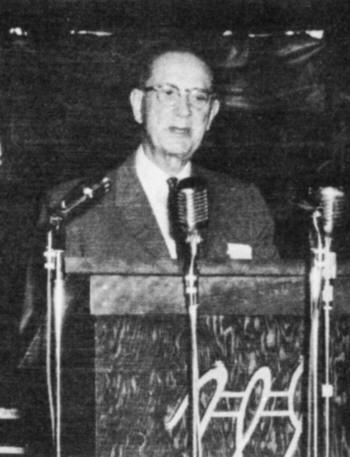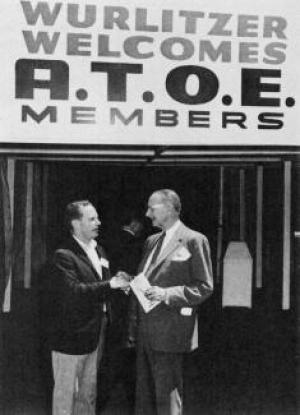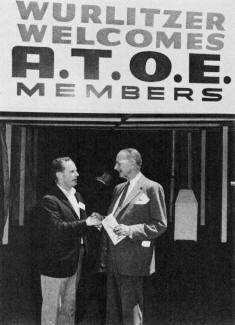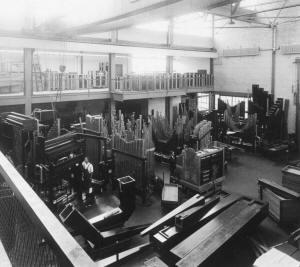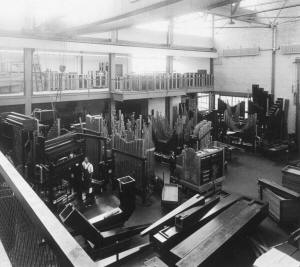The year was 1964 and the ATOE (American Theatre Organ Enthusiasts; forerunner to the ATOS) was holding the national convention in Buffalo, New York. A record 256 members registered for the convention and on July 6 attendees were treated to a trip to the Wurlitzer factory in North Tonawanda as guests of Mr. Farny R. Wurlitzer. Following a concert by Marvin Korinke on the new Wurlitzer 4000 organ, Mr.Wurlitzer gave a speech to the crowd, sharing his recollections of the formative years of the Unit Orchestra. His remarks included personal stories about Robert Hope-Jones, memories of significant installations, and other company anecdotes. Invitations had been sent to all members of the ATOE, as well as other prominent guests. Following the formal presentation a buffet luncheon was served to all the attendees, compliments of the Wurlitzer Company.
The Wurlitzer Company
The Wurlitzer Company
The North Tonawanda plant was a fitting site for Mr. Wurlitzer’s recollections — it was his leadership there that guided Wurlitzer through the manufacture of band organs, to photo players, to theatre organs, to jukeboxes, and finally electronic organs. While we may wish to believe that it was his undying passion for the Unit Orchestra that lead to its tremendous success in theatres, in reality it was his manufacturing and business savvy that allowed the Wurlitzer company to excel in many different ventures.
Repeatedly, the business would pick up the pieces of some defunct company, make some modifications on the idea, and then market it with a great deal of panache. In 1908 Wurlitzer bought the DeKleist Musical Instrument Manufacturing Company (and factory) in North Tonawanda, continuing their production of automatic musical instruments: player pianos, band organs, and pianorchestras. Farny, the youngest of Rudolph Wurlitzer’s three sons, was sent in 1909 to take over operations at the plant. He then oversaw the hiring of Robert Hope-Jones in 1910 to direct the organ department, in addition to purchasing the assets of the bankrupt Hope-Jones Organ Company. The North Tonawanda factory shipped over 2100 theatre organs.
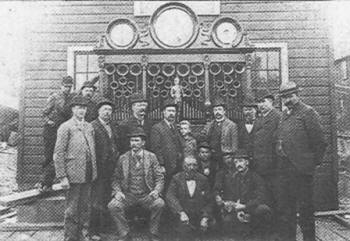
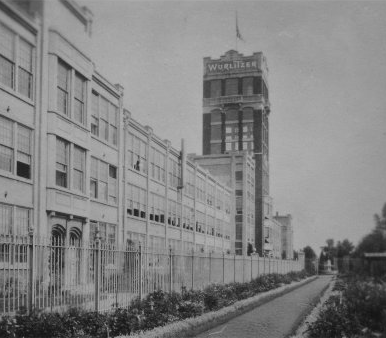
By 1933, the advent of talking pictures coupled with the Great Depression had almost put the Wurlitzer Company out of business. In 1928 Wurlitzer's shares sold at $119 a share. In 1933 the price was $10 a share and the company was almost $5 million in debt. At great risk, Farny gambled and bought the Simplex Manufacturing Company from Homer Capehart, the developer of a record changing system called the Multi-Selector. Under Farny’s leadership, Capehart became Wurlitzer’s general manager while gifted designer Paul Fuller created the iconic styles that made Wurlitzer the best-selling jukebox manufacturer in the world.
Farny served as president of the company from 1932 until 1941, and continued on the Board of Directors until his death in 1972. He had been a friend of the ATOE since its inception and was named an Honorary Member at the 1960 Annual Meeting. In 1964 he was, at 82-years-old, the only surviving son of Rudolph Wurlitzer and still Chairman of the Board. His speech to the convention attendees contained many vibrant memories from the Unit Orchestra era of manufacturing. He recounts the success of the Liberty Theatre in Seattle, memories of Sid Grauman and Adolph Zukor, and why he never attended the opening of a new Wurlitzer in a theatre.
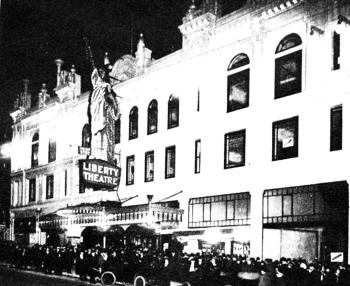
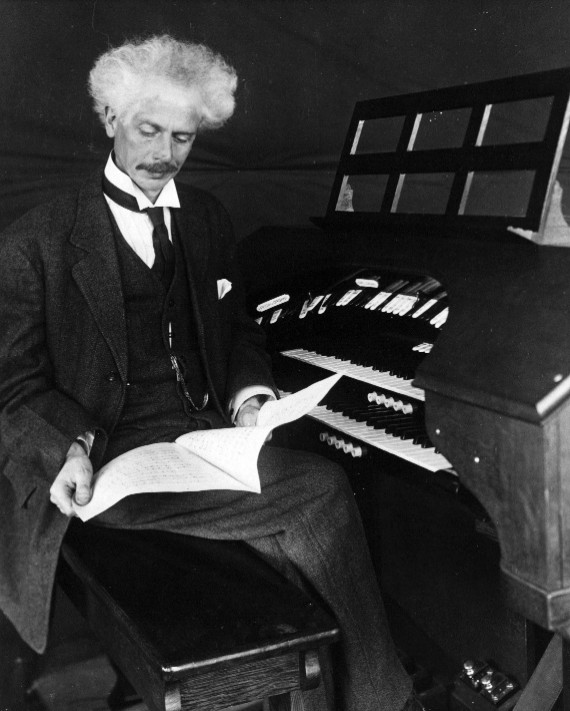
Mr. Wurlitzer describes the year 1914—by all accounts a turning point in the history of the Wurlitzer company. Rudolph Wurlitzer Sr., the patriarch of the family, died on January 14, Robert Hope-Jones committed suicide on September 13, and the Seattle Liberty Theatre opened on October 27. Rudolph Wurlitzer Sr. had actively led the company, serving as Chairman of the Board until his death. He took frequent business trips to his old homeland and also strove to maintain that connection for his sons (Howard, Rudolph Jr., Farny), all of whom were born in America. Rudolph saw to it that all of them learned to speak German. Farny (the youngest son) graduated from the Technical Institute of Cincinnati in 1891 and had spent time in Europe, acquiring technical expertise by working for enterprises in Switzerland (Paillard Company), Germany (Phillips), and France (Pellisson).
Howard Wurlitzer succeeded his father as president of the company, remaining in Cincinnati. Farny oversaw all the manufacturing at the North Tonawanda plant. His speech shows an extensive understanding of all plant activities—not to mention an excellent memory. Most of these events happened 40-50 years earlier.
Upon Howard’s death in 1928, Rudolph Jr. became president of the company. Farny took over as president in 1932 and became Chairman of the Board in 1942. He remained on the Board until his death in 1972.
In 1960, the company opened a subsidiary, Deutsche Wurlitzer, in Hüllhorst, Germany. That company still manufactures jukeboxes. In the mid 1980’s the American company was purchased by Baldwin Piano and Organ. They continued to make pianos stamped with the Wurlitzer name. In 2001, Baldwin was purchased by the by the Gibson Guitar Corporation. Five years later they also purchased Deutsche Wurlitzer, and Gibson now controls the Wurlitzer brand.
(Editors note: The Theatre Organ Journal is grateful to Don Thompson for providing this rare recording for transcription. It was given to him many years ago by W. “Tiny” James, former ATOE president.)
Don Feely, Website Editor
![]()
